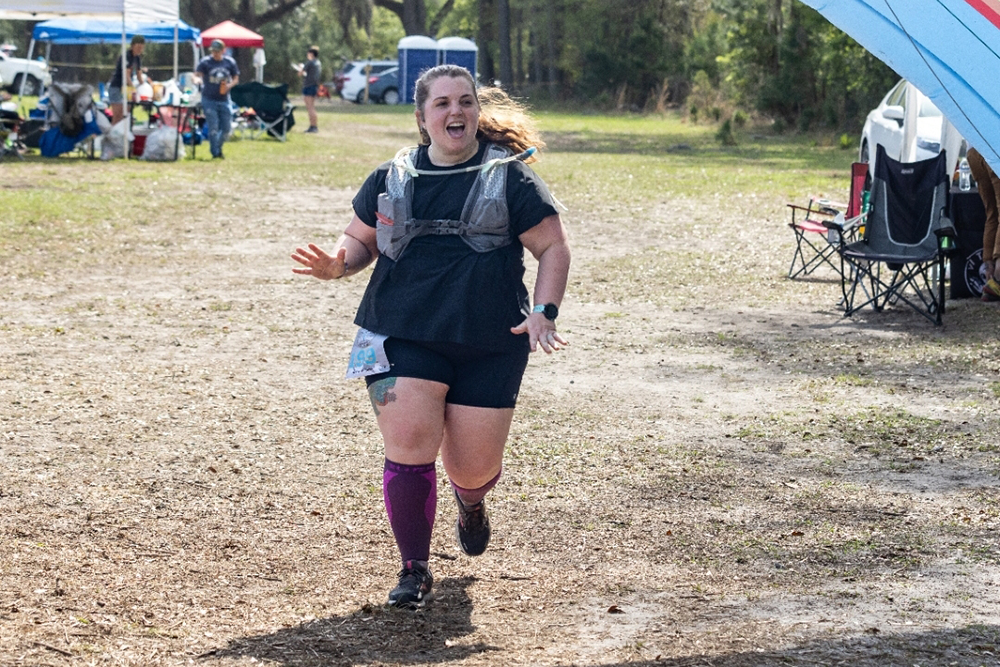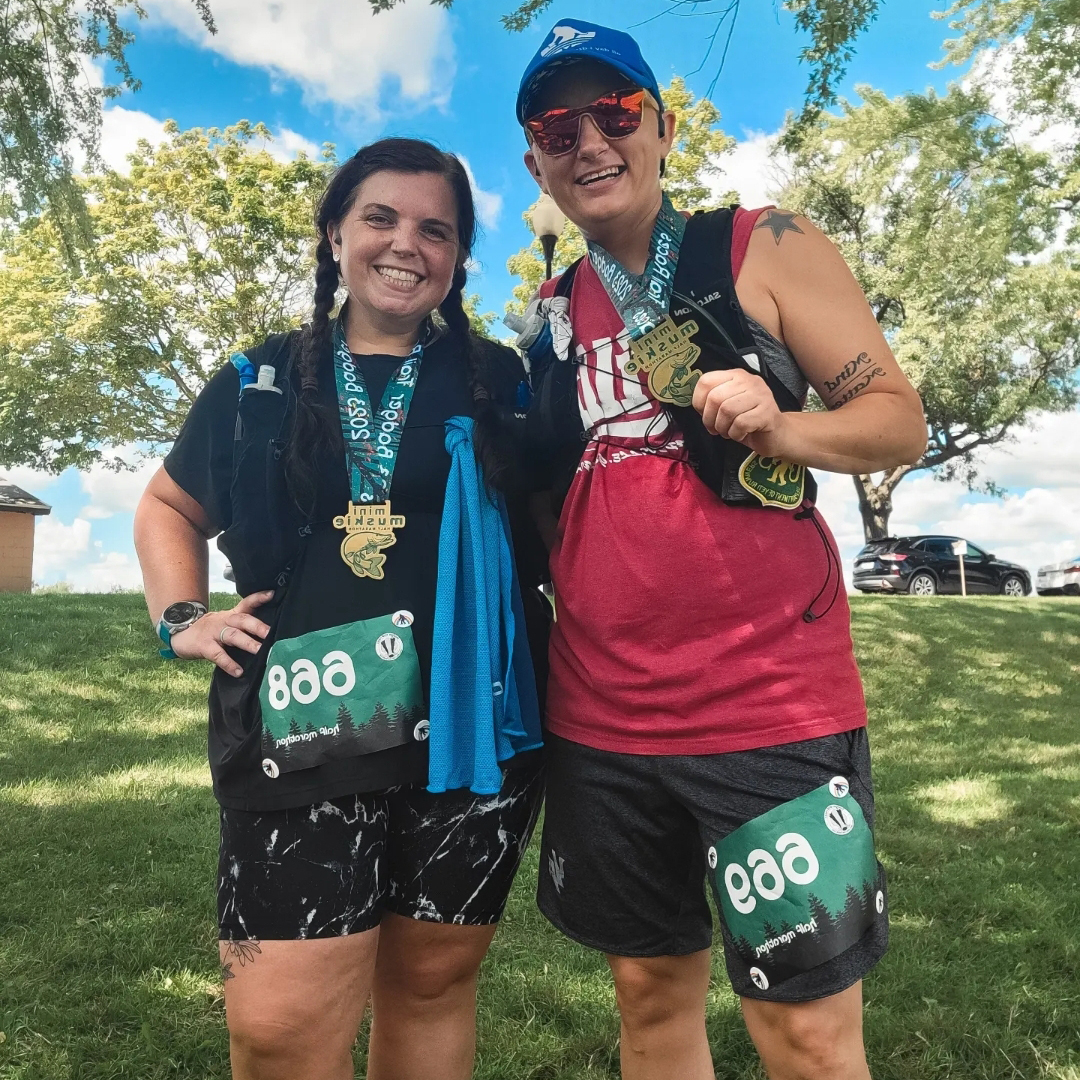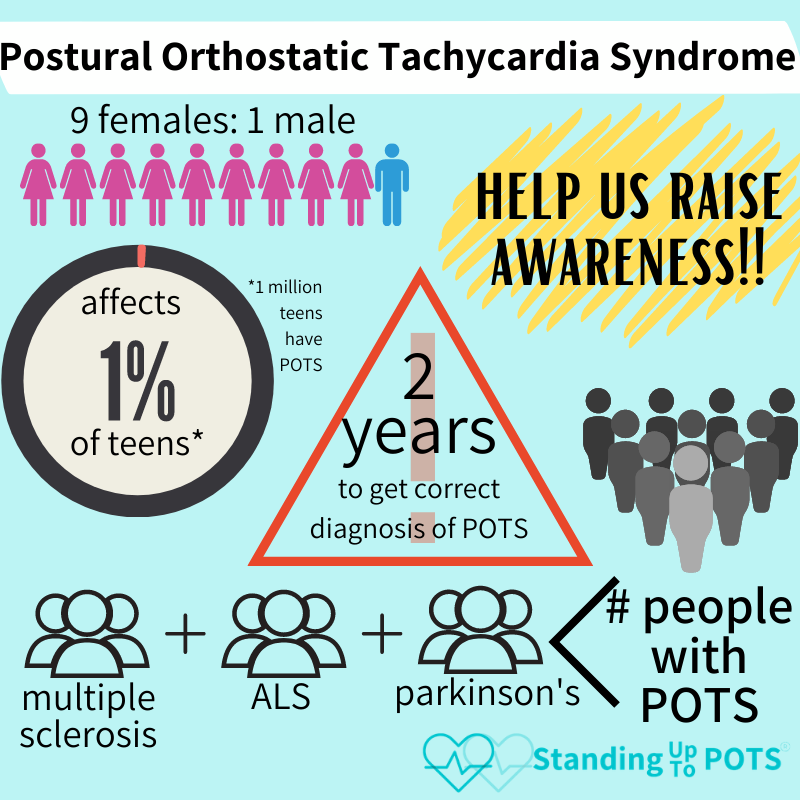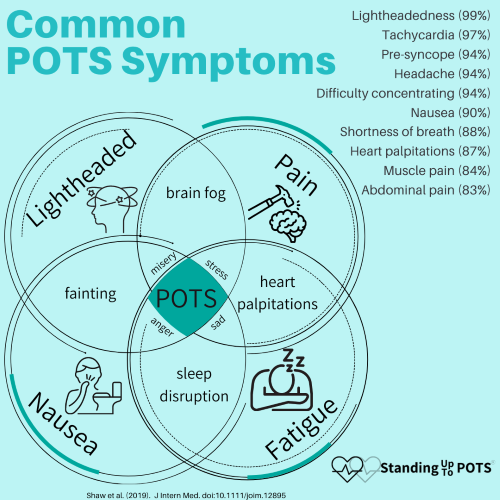
Staff Member Jessica Whitaker Navigates Running with POTS
December 14, 2023
By Chloe Arrington
Jessica Whitaker, financial administrator II in the George W. Woodruff School of Mechanical Engineering, trained hard to achieve her goal of becoming a long-distance runner and by 2013 was running half marathons, marathons, and 50-kilometer races.
Despite being able to achieve such feats, Whitaker was forced to put this passion aside when she was diagnosed with Postural Orthostatic Tachycardia Syndrome (POTS). Now, Whitaker is a passionate advocate and is raising awareness about POTS, while she navigates running with this condition.
POTS falls under the dysautonomia umbrella and is a disorder of the autonomic nervous system that causes several symptoms when you transition from lying down to standing up, such as a fast heart rate, dizziness, and fatigue.
“The way that I describe my experience with POTS is that my brain is healthy, and my heart is healthy, but they don’t like to work together,” said Whitaker.
Whitaker noticed an increase in her symptoms after her son was born, and this forced her to step back from running. “After finally being diagnosed, looking back on my life, I can see how I have experienced symptoms of this chronic illness for a long time. Putting the pieces together has given me a sense of comfort and validation. I have also been surprised by how few medical professionals know much, or anything, about this disorder,” she said.
POTS affects approximately 0.2% of people in the United States, and nearly 90% of those are women.
“I must pay a lot of attention to how much water I drink and how much salt and electrolytes I consume,” Whitaker said when talking about managing her condition day-to-day. “Most people have to watch how much salt they intake where I have to get two to five milligrams of salt each day.”
Over the last two years, Whitaker and her wife have been easing back into running now that she has the knowledge to help manage her condition. “Even though I run four to five times a week, participate in CrossFit, and live a generally very active life, stairs and hills are my nemesis and can cause intense tachycardia and lightheadedness. I also have a challenge doing any task that involves bending over as it makes me feel dizzy,” she said.
Whitaker is working towards getting back to a 50-kilometer distance or longer and over the summer and ran the Badger Trail Half Marathon in Wisconsin.
“Running has been much more challenging with POTS,” Whitaker noted. “I find that I can maintain for about an hour and a half to two hours, but after that length of time, it becomes almost impossible to keep my heart rate from jumping up and down.”
Exercise helps those with POTS, but too much exertion can cause post-exertion malaise and create a flare in symptoms. “I’ve spent the last couple of years trying to find just the right balance to keep doing the thing that makes me happy but can also cause health challenges,” Whitaker said.
To raise awareness around this condition Whitaker is working on a documentary (Moving with POTS: Redefining Success) which will hopefully include her conquering her farthest distance yet in January at the race, Dark Anchor.
To do this, Whitaker says she has had to realize that walking 30, 50, or 60 miles is just as ‘impressive’ as running it and her goal will be to just go as far as she can.
“Each person who experiences this does so in a very individual way, but we all must navigate life a little differently than fully able-bodied folks,” she said.



